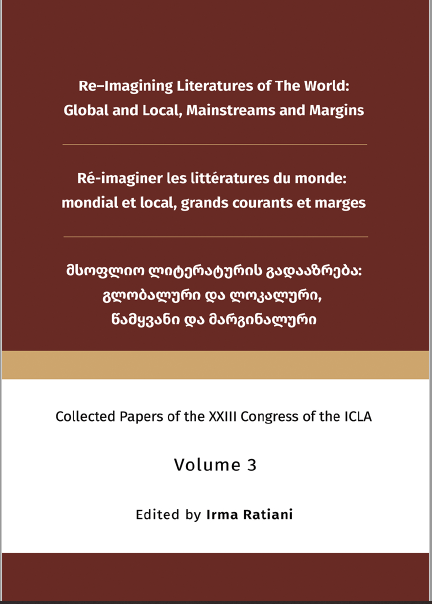Re-imagining Anthropocene: towards a Post-anthropocentric Planetary Literature
Main Article Content
Abstract
In the last few years, Anthropocene discourse has opened scientific and cultural debates to new transdisciplinary and theoretical horizons. Despite its ambiguity, this geological term reveals the negative impact of human activities on the Earth-system’s equilibria, calling for a cultural shift from Western anthropocentrism – based on the division between nature and culture, human, nonhuman, and more-than-human worlds – to more ecological systems of belief. For their part, cultural and literary studies firmly assert the importance of storytelling and literature for the in-present paradigmatic change. On these premises, my article draws on Comparative Literature and Environmental Humanities to call attention to the ecocritical value of the category of the “planet” as opposed to that of the “globe”; secondly, it proposes the analysis of two case studies from European contemporary literature, the novels Sirene (2007), by the Italian writer Laura Pugno, and Truismes (1996), by the French writer Marie Darrieussecq. Borrowing Bruno Latour’s notion of ‘subject’, my aim is to analyse what I call the ‘rhetoric of the planet’, that is, to analyse the rhetorical strategies used by the authors to dismantle Western ontological and epistemological dichotomies and engage with the Anthropocene planetary dimension.
